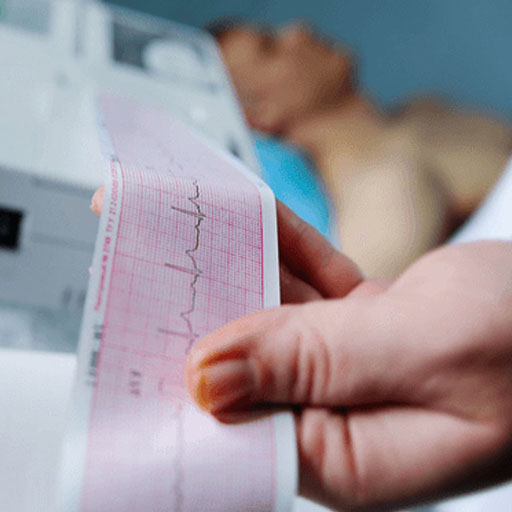
Cardiac MRI (magnetic resonance imaging) is a non-invasive medical test that uses a strong magnetic field and radio waves to create detailed images of the heart and its surrounding structures. It is a diagnostic tool that provides information about the structure, function, and blood flow in the heart, making it a valuable tool for diagnosing and monitoring heart conditions.
Cardiac MRI is a safe and painless procedure that typically involves lying still on a table while the MRI machine takes pictures of the heart. The procedure usually takes between 30 and 60 minutes, during which time patients are required to hold their breath for short periods to ensure clear images of the heart.
Cardiac MRI can be used to diagnose a variety of heart conditions, including heart disease, heart failure, congenital heart defects, and abnormalities in heart function or blood flow. It can also be used to monitor the progression of heart disease and evaluate the effectiveness of treatment.
Overall, cardiac MRI is a valuable tool for healthcare providers in assessing and managing patients with heart conditions, providing detailed and accurate information about the structure and function of the heart.
Note: To know more please check Frequently Asked Questions (FAQ)
